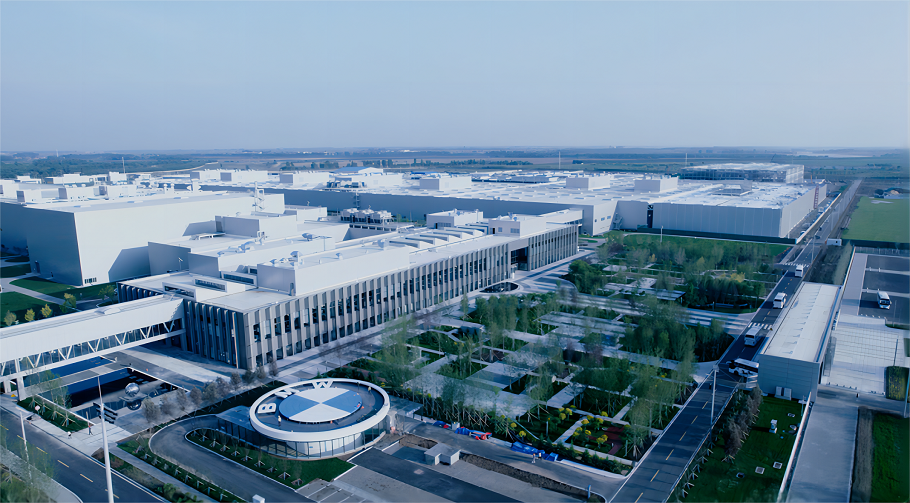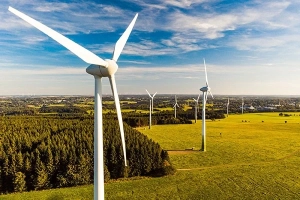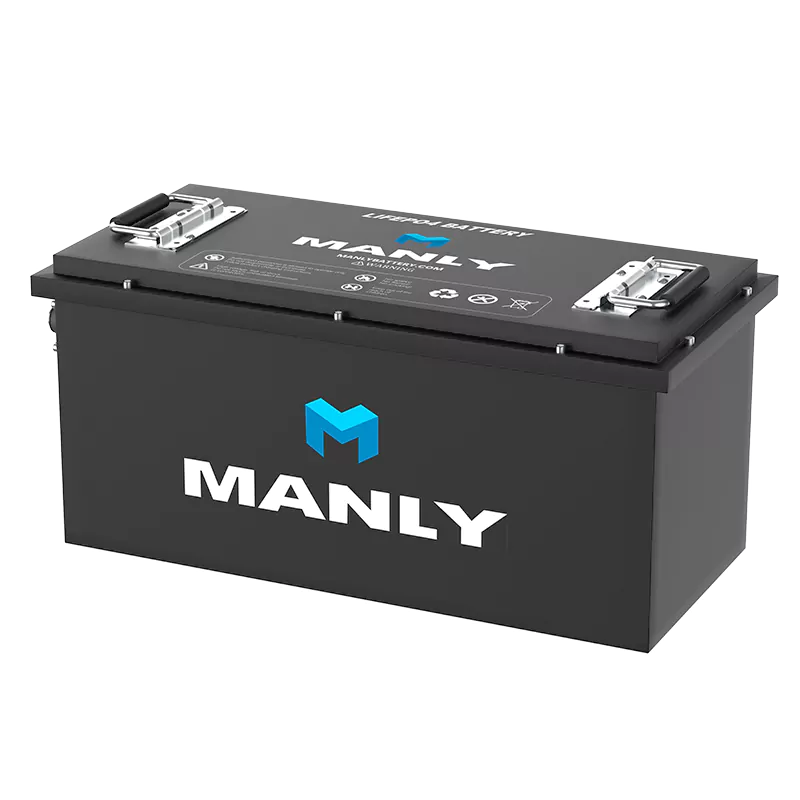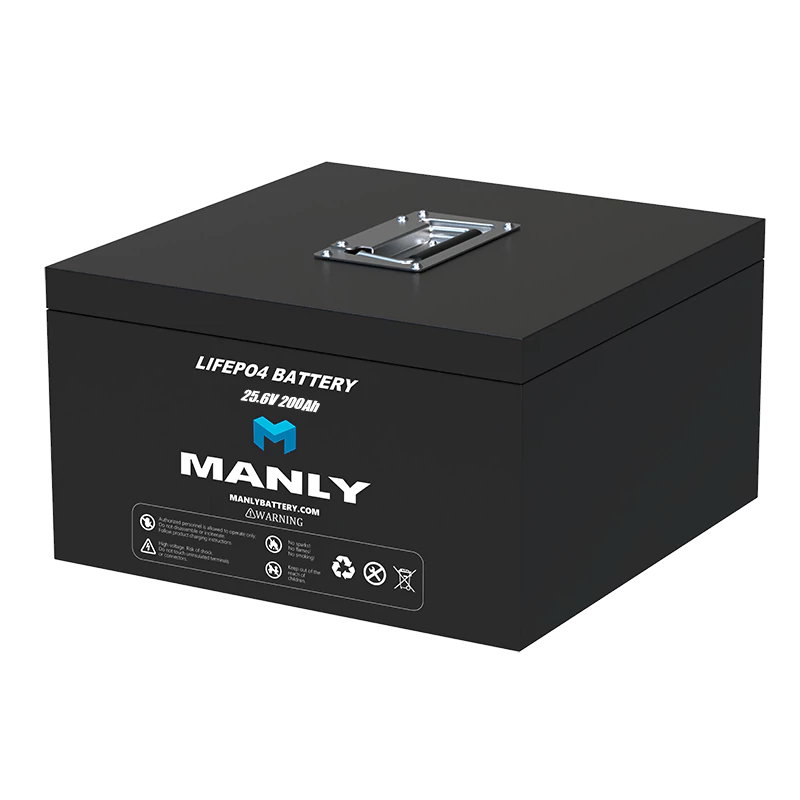BMW Investing: 20 Billion Yuan Boost for Shenyang Plant Expansion
Table of Contents

BMW Investing: New model will be launched in 2026
The BMW Group is paving the way for a groundbreaking shift in automotive technology with its "New Generation" models, which are set to revolutionize the global market starting in 2026. This ambitious plan involves rolling out at least six new models over the following two years. These vehicles aren't just new in name; they're equipped with cutting-edge features including a completely revamped electronic system, an innovative user interface, and advanced human-machine interaction capabilities. Moreover, they will boast a high-performance electric drive battery system, reflecting BMW's push towards more sustainable, efficient driving solutions.Back in May of the previous year, BMW had already set the stage by announcing the initiation of production for these pure electric New Generation models in Shenyang from 2026. With a whopping investment of 10 billion yuan aimed at developing the sixth-generation power battery project, BMW is not just making a statement about its dedication to electric vehicles but also establishing a massive 240,000 square meter facility to back this initiative. Additionally, BMW has started expanding its Shenyang R&D Center, further emphasizing its commitment to innovation in one of its top key markets.Oliver Zipse, Chairman of the BMW Group, underscored the significance of this venture, stating that this represents the largest investment in BMW’s history. This move isn't just about business growth; it's about ushering in a new era of "individual intelligent mobility" driven by unprecedented levels of innovation and technological advancement. The recent announcement of an additional 20 billion yuan investment is a testament to China's pivotal role in BMW’s strategic vision, especially as the company strides towards the future of Intelligent Connected Vehicles (ICV).Zipse articulated that the New Generation initiative is more than a series of new models; it's a redefinition of what BMW stands for. He emphasized that at the heart of BMW's identity is the pure joy of driving—a principle that remains intact regardless of the propulsion technology. The New Generation models aim to merge numerous innovative technologies with BMW's distinctive style, thus continuing the brand's legacy in a new, electrified era.The landscape of luxury cars is evolving, particularly with the transition to electric vehicles (EVs). Traditionally, luxury brands have dominated the market with their premium fuel-powered vehicles, but the shift to electric has been gradual and somewhat tentative. In China, despite the release of several EV models by luxury brands in the past two years, the pace of product iteration has been slow, and the technological sophistication has not fully met the high expectations of Chinese consumers. This discrepancy has been a significant hurdle in replicating the success of traditional fuel-powered vehicles in the EV segment.By bolstering its technological and production capabilities in China, BMW is not only strengthening its marketing and production footprint worldwide but also ensuring it remains at the forefront of the luxury electric vehicle market. This strategic focus on innovation and localized production underscores BMW's commitment to maintaining its status as a top player in the global automotive industry, particularly in key markets that are pivotal to its growth and evolution.Not Only BMW investing: Major car manufacturers increase investment in China
 In the rapidly evolving automotive industry, major car manufacturers like BMW are taking significant strides in enhancing their technological capabilities, especially in critical markets around the world. A key focus for these companies is software development, a crucial area that includes autonomous driving, digitization, and specialized automotive software. As part of this strategic shift, companies are not only investing heavily in research and development (R&D) but are also localizing these efforts to better align with regional markets.BMW, in particular, has made substantial moves in this direction. The company has established a formidable R&D network in China, the largest of its kind outside Germany. This network focuses extensively on new technologies and innovations, especially in the realm of new energy vehicles—a category that includes electric cars, which are becoming increasingly important globally.One notable project under BMW’s belt is the expansion of its research and development center in Shenyang. This expansion is set to enhance BMW’s capabilities in developing and validating new energy vehicles, further solidifying its position in the Chinese market, which is critical for BMW marketing strategies. China is not only a top key market for BMW but also the largest electric vehicle market in the world, making it a strategic point for launching new models and technology.BMW’s commitment to the Chinese market is part of a broader, global strategy that involves cooperating with local tech companies and building local ecosystems through strategic partnerships and investments. This approach not only facilitates localized innovation but also helps in tailoring products and technologies to meet specific regional demands and preferences.In addition to BMW’s initiatives, other car manufacturers like Mercedes-Benz and Volkswagen are also intensifying their software-oriented strategies. For instance, Volkswagen recently announced a significant investment in China to expand its production and innovation center in Hefei. This move is aimed at strengthening its local R&D efforts and tapping into the robust automotive supply chain that China offers, especially for electric vehicles. The cost-effectiveness of producing electric vehicles in China, coupled with the country’s leading position in the electric vehicle market, presents a favorable opportunity for these manufacturers.The importance of these investments and expansions cannot be overstated. For BMW, the results are already showing. In 2023, BMW Group achieved a significant milestone by delivering over 2.55 million new vehicles worldwide, with 375,000 of these being pure electric models. This achievement aligns with BMW’s target of having pure electric vehicles constitute about 15% of its total sales. Furthermore, BMW Group Chairman Oliver Zipse highlighted that BMW has delivered over 1 million pure electric vehicles globally, with aspirations to have electric vehicle sales surpass 50% of total sales by 2030.These developments are not just about business growth; they represent a shift towards sustainable and intelligent mobility solutions. By investing in software and local R&D, companies like BMW are not only preparing for the future of the automotive industry but are also ensuring that they remain competitive in BMW's worldwide markets, particularly in regions that are pivotal to their strategic goals.
In the rapidly evolving automotive industry, major car manufacturers like BMW are taking significant strides in enhancing their technological capabilities, especially in critical markets around the world. A key focus for these companies is software development, a crucial area that includes autonomous driving, digitization, and specialized automotive software. As part of this strategic shift, companies are not only investing heavily in research and development (R&D) but are also localizing these efforts to better align with regional markets.BMW, in particular, has made substantial moves in this direction. The company has established a formidable R&D network in China, the largest of its kind outside Germany. This network focuses extensively on new technologies and innovations, especially in the realm of new energy vehicles—a category that includes electric cars, which are becoming increasingly important globally.One notable project under BMW’s belt is the expansion of its research and development center in Shenyang. This expansion is set to enhance BMW’s capabilities in developing and validating new energy vehicles, further solidifying its position in the Chinese market, which is critical for BMW marketing strategies. China is not only a top key market for BMW but also the largest electric vehicle market in the world, making it a strategic point for launching new models and technology.BMW’s commitment to the Chinese market is part of a broader, global strategy that involves cooperating with local tech companies and building local ecosystems through strategic partnerships and investments. This approach not only facilitates localized innovation but also helps in tailoring products and technologies to meet specific regional demands and preferences.In addition to BMW’s initiatives, other car manufacturers like Mercedes-Benz and Volkswagen are also intensifying their software-oriented strategies. For instance, Volkswagen recently announced a significant investment in China to expand its production and innovation center in Hefei. This move is aimed at strengthening its local R&D efforts and tapping into the robust automotive supply chain that China offers, especially for electric vehicles. The cost-effectiveness of producing electric vehicles in China, coupled with the country’s leading position in the electric vehicle market, presents a favorable opportunity for these manufacturers.The importance of these investments and expansions cannot be overstated. For BMW, the results are already showing. In 2023, BMW Group achieved a significant milestone by delivering over 2.55 million new vehicles worldwide, with 375,000 of these being pure electric models. This achievement aligns with BMW’s target of having pure electric vehicles constitute about 15% of its total sales. Furthermore, BMW Group Chairman Oliver Zipse highlighted that BMW has delivered over 1 million pure electric vehicles globally, with aspirations to have electric vehicle sales surpass 50% of total sales by 2030.These developments are not just about business growth; they represent a shift towards sustainable and intelligent mobility solutions. By investing in software and local R&D, companies like BMW are not only preparing for the future of the automotive industry but are also ensuring that they remain competitive in BMW's worldwide markets, particularly in regions that are pivotal to their strategic goals.



















